Ministry of Commerce Spokesperson Gao Fıng, in his statement, emphasized that the Chinese side made the necessary effort to implement the agreement.
Emphasizing the need to create an atmosphere and conditions that help the two sides to develop cooperation in the field of trade, Spokesperson Gao asked for additional tariff increases and no sanctions.
Stating that the phase-1 agreement had a positive impact on the global economy despite the Kovid-19 outbreak, recession and disruptions in the supply chain, Gao stated that the agreement benefited both the parties and the world.
Government grants comply with WTO rules
On the other hand, Gao noted that the argument that China's economic success is based on state intervention is not true, that since China's accession to the World Trade Organization (WTO), it has completely removed government incentives banned by the Incentives and Balancing Measures Agreement, and that the current incentives are in line with WTO rules.
Pointing out that China's economic success in the last 40 years has been thanks to the reform and opening up policy, and the effective combination of the roles of the market and the state, Gao added that this process has contributed not only to the development of China, but also to the development of economic welfare in the world.
"Trade War"
In 2018, the US decided to impose additional tariffs on technology products imported from China, citing the trade deficit of the previous President Donald Trump and the anti-competitive industry incentive policies of the Beijing administration.
Upon China's response to this, the process of declaring mutual new customs tariffs, known as "trade war" in the international community, began.
The parties temporarily suspended the differences of opinion with the agreement called "Phase 1" at the beginning of 2019. With the agreement, tariff increases were delayed, and China had committed to purchase some US exports.


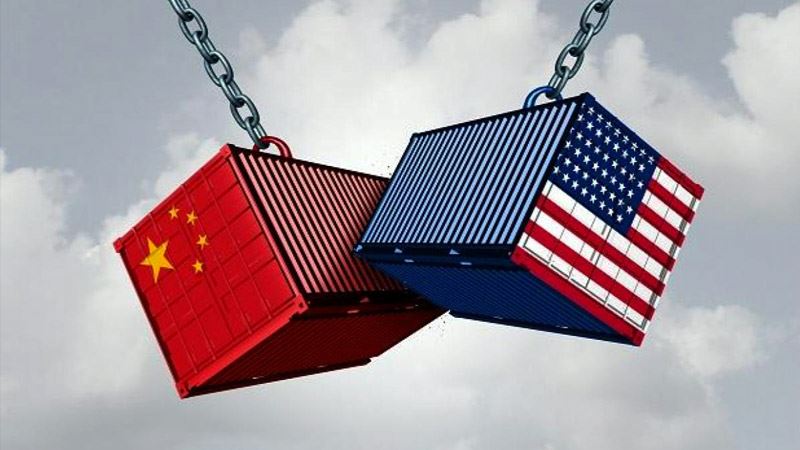

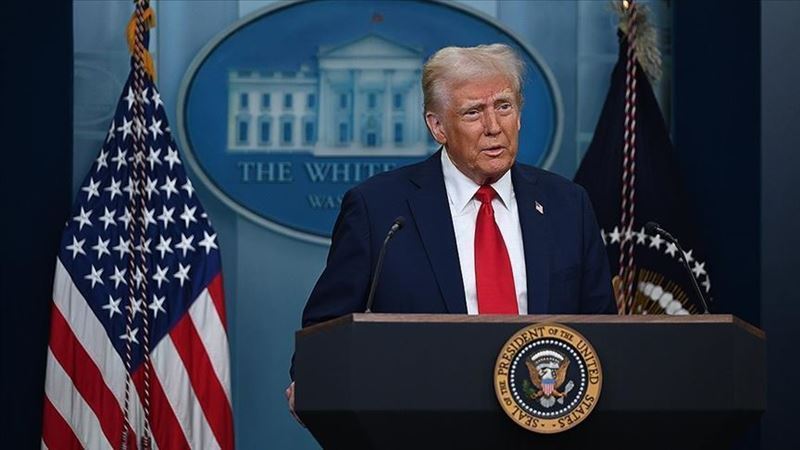
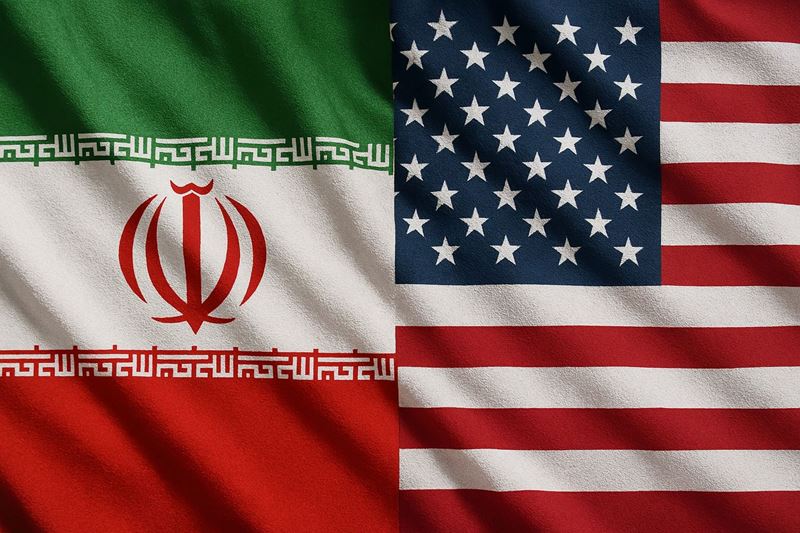
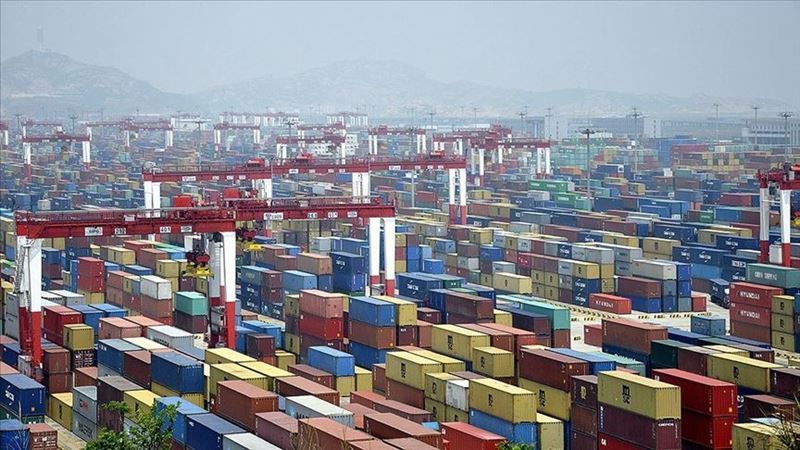
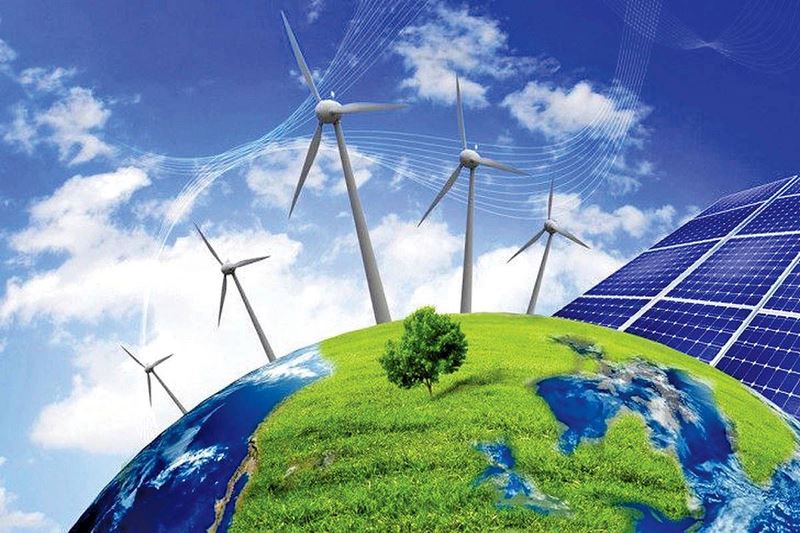



Comments
No comment yet.